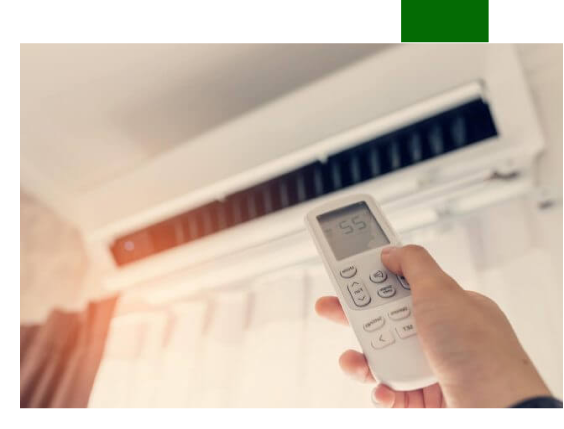
Mastering Air Conditioner Efficiency
As temperatures rise, your air conditioner becomes essential for comfort. However, running it inefficiently can lead to skyrocketing energy bills and unnecessary wear on the system. Fortunately, with a few strategic adjustments and regular AC maintenance, you can enhance your AC’s performance, ensuring a cooler home and lower expenses.
Optimize Your Thermostat Settings
Your thermostat plays a pivotal role in your air conditioner efficiency.
Set It Right
Aim to keep your thermostat at 78°F (25.5°C) when you’re home. This temperature strikes a balance between comfort and energy savings. When you’re away, consider increasing the setting by 7-10°F to reduce energy consumption. This simple adjustment can lead to significant savings over time.
Embrace Smart Technology
Upgrading to a smart thermostat allows for automated temperature adjustments based on your schedule. These devices can learn your habits, optimize cooling cycles, and even be controlled remotely, ensuring your home is comfortable when you’re there and conserving energy when you’re not.
Maintain and Enhance Airflow
Proper airflow is crucial for your AC’s performance.
Regular Filter Replacement
A clogged air filter restricts airflow, forcing your AC to work harder. Replace or clean filters every 1-3 months to maintain optimal airflow and indoor air quality.
Keep Vents Unobstructed
Ensure that furniture, curtains, or rugs aren’t blocking your air vents. Obstructed vents can disrupt the balance of your cooling system, leading to uneven temperatures and increased energy use.
Utilize Ceiling Fans
Ceiling fans can assist in circulating cool air throughout your home. By creating a wind-chill effect, they allow you to set your thermostat a few degrees higher without sacrificing comfort.
Implement Energy-Saving Practices
Beyond thermostat settings and airflow, certain habits can contribute to your air conditioner efficiency.
Seal and Insulate
Check for gaps or leaks around windows and doors, and seal them to prevent cool air from escaping. Proper insulation in your attic and walls also helps maintain indoor temperatures, reducing the load on your AC.
Limit Heat-Generating Activities
Appliances like ovens, stoves, and dryers emit heat, making your AC work harder. Try to use these appliances during cooler parts of the day or opt for alternatives like microwaves or outdoor grilling.
Schedule Regular Maintenance
Annual professional check-ups can identify and address potential issues before they escalate. Technicians can clean coils, check refrigerant levels, and ensure all components are functioning efficiently.
Additional Tips for Enhancing Air Conditioner Efficiency
- Close Curtains and Blinds: Prevent sunlight from heating your rooms during the day.
- Use Programmable Thermostats: Set temperatures based on your daily schedule.
- Avoid Using Heat-Generating Appliances During Peak Hours: Operate ovens and dryers during cooler times.
- Ensure Proper Insulation: Well-insulated homes retain cool air more effectively.
- Keep Outdoor Units Clean: Remove debris and ensure adequate airflow around the unit.
Understanding Air Conditioner Efficiency
The efficiency of an air conditioner is often measured by its Coefficient of Performance (COP), which is the ratio of useful cooling provided to the work required. A higher COP indicates a more efficient system. Regular AC cleaning, proper usage, and system upgrades can all contribute to a higher COP, leading to energy savings and improved performance.
Frequently Asked Questions
1. How often should I replace my air filter? A: It’s recommended to check your air filter every month and replace it every 1-3 months, depending on usage and environmental factors.
2. What’s the ideal thermostat setting for energy savings? A: Setting your thermostat to 78°F (25.5°C) when you’re home and higher when you’re away can help maximize energy savings.
3. Can ceiling fans help reduce AC usage? A: Yes, ceiling fans circulate cool air, allowing you to set your thermostat higher without compromising comfort.
4. How does insulation affect air conditioner efficiency? A: Proper insulation prevents cool air from escaping and hot air from entering, reducing the workload on your AC and improving efficiency.
5. Is it worth investing in a smart thermostat? A: Smart thermostats can optimize your cooling schedule, adapt to your habits, and provide remote control, leading to enhanced efficiency and energy savings.